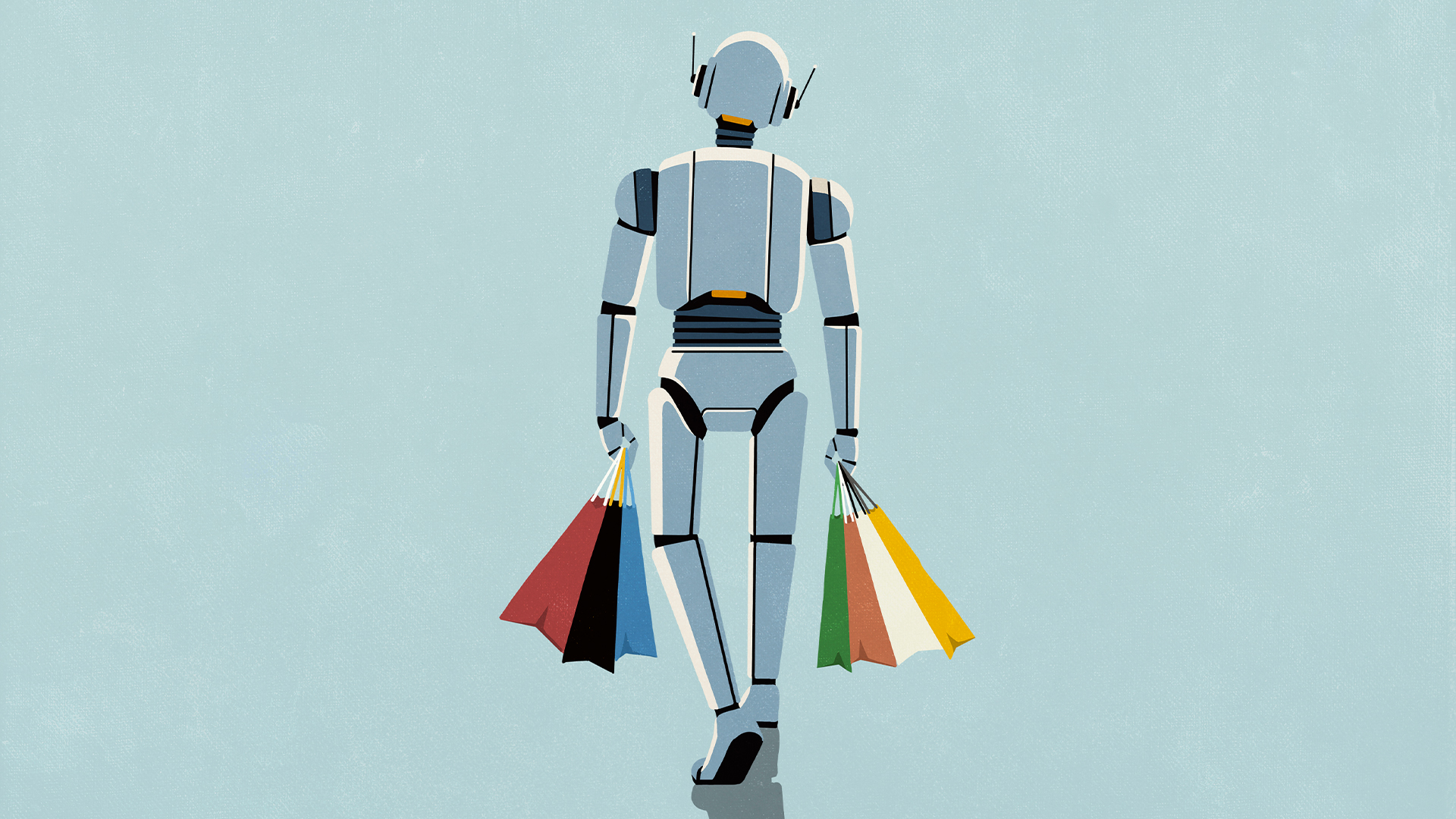Questions raised over AI’s impact as studies tout conflicting adoption outcomes
Two reports highlight the difficulty of judging the impact of AI on jobs, productivity, and wages


How much value does generative AI bring to the workplace? It depends who you ask.
A report by the Danish National Bureau of Economic Research suggests very little impact at all – but a separate study by PwC noted AI adoption leads to a fourfold increase in productivity growth and 56% higher wages.
The conflicting reports highlight how difficult it is to actually quantify the impact of AI on productivity, therefore making it equally challenging to unpick return on investment for an expensive technology.
The Danish report looked at 25,000 workers across 11 job roles that are exposed to AI, finding average time savings of 3% of work hours with little or no impact on wages.
The researchers, Anders Humlum and Emilie Vestergaard, said in the introduction to the report: "AI chatbots have had no significant impact on earnings or recorded hours in any occupation."
They added that the results are contrary to the hype around the technology, despite major industry players having framed AI tools as a key productivity driver for workers.
"Overall, our findings challenge narratives of imminent labor market transformations due to Generative AI. While adoption has been rapid, with firms now heavily invested in unlocking the technological potential, the economic impacts remain small."
Sign up today and you will receive a free copy of our Future Focus 2025 report - the leading guidance on AI, cybersecurity and other IT challenges as per 700+ senior executives
PwC finds deeper value in AI
However, consultancy PwC sticks to the existing narrative on productivity gains, with its own study noting that AI-skilled workers saw a 56% wage premium in 2024, more than double the 25% in the previous year.
Now, that's measuring a slightly different thing: the Danish study is considering how the use of AI by office workers impacts their productivity and their pay, while the PwC report reveals that those with skills in this booming technology are getting paid more – which perhaps isn't a big surprise, as they'll be in demand.
But PwC also claims that industries exposed to AI saw 27% growth in revenue per employee versus those sectors that are least exposed, which saw just 9%.
The technology is also contributing to job growth, with role availability up 38% in roles exposed to AI – though the consultancy admitted that's below the growth rate of less exposed occupations.
"In contrast to worries that AI could cause sharp reductions in the number of jobs available– this year's findings show jobs are growing in virtually every type of AI-exposed occupation, including highly automatable ones," said Joe Atkinson, Global Chief AI Officer, PwC.
Support pays off
Beyond the productivity figures, the Danish report revealed that employers are heavily invested in AI, with most encouraging the use of AI chatbots, 38% deploying in-house models, and 30% offering training to staff.
When companies actively encourage the use of AI, it not only doubles the rate of uptake from 47% to 83%, but also shrinks the gender gap from 12% to 5%.
Similarly, the researchers found the benefits from AI chatbots — including time savings but also creativity, task expansion, and job satisfaction — are 10% to 40% greater when managers actively encourage and support their use.
"The relative importance of employer encouragement becomes even more pronounced for more intensive usage." In other words, the more AI is used, the more support is needed.
MORE FROM ITPRO
Freelance journalist Nicole Kobie first started writing for ITPro in 2007, with bylines in New Scientist, Wired, PC Pro and many more.
Nicole the author of a book about the history of technology, The Long History of the Future.
-
 What is Microsoft Maia?
What is Microsoft Maia?Explainer Microsoft's in-house chip is planned to a core aspect of Microsoft Copilot and future Azure AI offerings
-
 If Satya Nadella wants us to take AI seriously, let’s forget about mass adoption and start with a return on investment for those already using it
If Satya Nadella wants us to take AI seriously, let’s forget about mass adoption and start with a return on investment for those already using itOpinion If Satya Nadella wants us to take AI seriously, let's start with ROI for businesses
-
 Half of agentic AI projects are still stuck at the pilot stage – but that’s not stopping enterprises from ramping up investment
Half of agentic AI projects are still stuck at the pilot stage – but that’s not stopping enterprises from ramping up investmentNews Organizations are stymied by issues with security, privacy, and compliance, as well as the technical challenges of managing agents at scale
-
 What Anthropic's constitution changes mean for the future of Claude
What Anthropic's constitution changes mean for the future of ClaudeNews The developer debates AI consciousness while trying to make Claude chatbot behave better
-
 Satya Nadella says a 'telltale sign' of an AI bubble is if it only benefits tech companies – but the technology is now having a huge impact in a range of industries
Satya Nadella says a 'telltale sign' of an AI bubble is if it only benefits tech companies – but the technology is now having a huge impact in a range of industriesNews Microsoft CEO Satya Nadella appears confident that the AI market isn’t in the midst of a bubble, but warned widespread adoption outside of the technology industry will be key to calming concerns.
-
 Workers are wasting half a day each week fixing AI ‘workslop’
Workers are wasting half a day each week fixing AI ‘workslop’News Better staff training and understanding of the technology is needed to cut down on AI workslop
-
 Retailers are turning to AI to streamline supply chains and customer experience – and open source options are proving highly popular
Retailers are turning to AI to streamline supply chains and customer experience – and open source options are proving highly popularNews Companies are moving AI projects from pilot to production across the board, with a focus on open-source models and software, as well as agentic and physical AI
-
 Microsoft CEO Satya Nadella wants an end to the term ‘AI slop’ and says 2026 will be a ‘pivotal year’ for the technology – but enterprises still need to iron out key lingering issues
Microsoft CEO Satya Nadella wants an end to the term ‘AI slop’ and says 2026 will be a ‘pivotal year’ for the technology – but enterprises still need to iron out key lingering issuesNews Microsoft CEO Satya Nadella might want the term "AI slop" shelved in 2026, but businesses will still be dealing with increasing output problems and poor returns.
-
 OpenAI says prompt injection attacks are a serious threat for AI browsers – and it’s a problem that’s ‘unlikely to ever be fully solved'
OpenAI says prompt injection attacks are a serious threat for AI browsers – and it’s a problem that’s ‘unlikely to ever be fully solved'News OpenAI details efforts to protect ChatGPT Atlas against prompt injection attacks
-
 Google DeepMind CEO Demis Hassabis thinks startups are in the midst of an 'AI bubble'
Google DeepMind CEO Demis Hassabis thinks startups are in the midst of an 'AI bubble'News AI startups raising huge rounds fresh out the traps are a cause for concern, according to Hassabis
